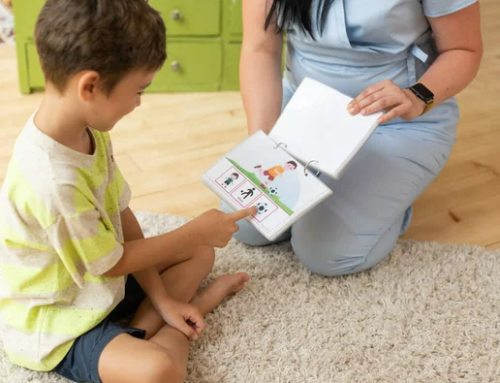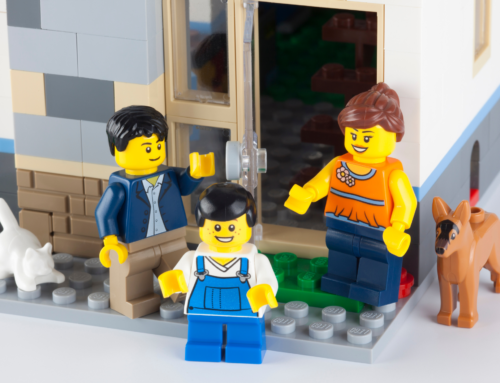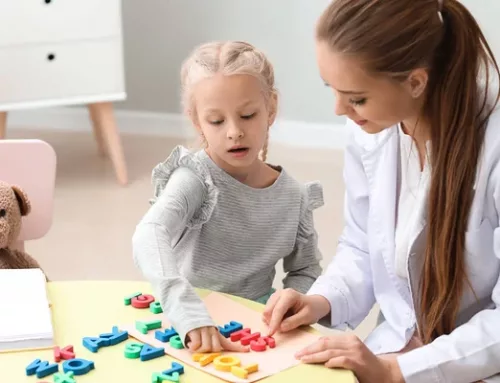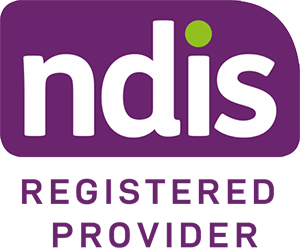R U OK Day 2021 on the 9th September 2021 is a very important day that encourages us to check in with those around us and check that they are doing ok, offer some kindess and a helping hand. But sometimes we neglect to check in with ourself, to see if we are doing ok too. So we are encouraging you to do so.
Sometimes in the chaos of day to day life it’s the little things that can go unnoticed, small changes to our mindset or wellbeing that without paying attention we may not realise. Take a moment to check in with yourself and ask – am I ok?
You may notice that something doesn’t feel quite right, but its not something that you can put your finger on, you might just be a little ‘off’, and its not surprising when we stop to think about the year it has been!
Signs you may be struggling
There are some common signs to look out that may tell you that you aren’t feeling yourself, including:
- making more mistakes or being more forgetful
- difficulty focusing on the big picture, spending much of your time ‘stuck’ on the smaller details of day to day tasks
- easily agitated and less patient
- getting sick more often or feeling ‘under the weather’
- more fatigued or lethargic
- Things that you enjoyed before might now seem like too much effort
- You might find yourself in a negative mindset, often complaining, seeing the worst in others and even the worst in yourself!
Self-compassion
For some, the signs we are struggling might be shared, and feel universal or you might have some symptoms that are unique to just you. Either way, we encourage you to practice ‘Self Compassion’. Self compassion is the practice of demonstrating kindness and understanding to yourself when you’re having a difficult time, making mistakes or noticing things you may not like about yourself. It involves treating ourselves the same way would a friend, remembering we are human and not perfect!
Research has found that practicing self compassion can have a number of benefits, such as increasing your ability to cope with stress and anxiety and increases your emotional resilience.
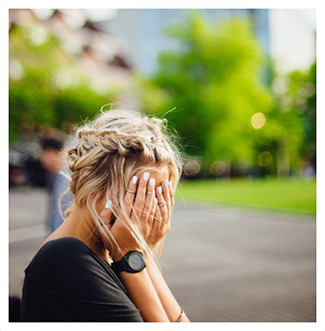
How to practice self-compassion
Acknowledge what you’re going through.
The first step in practicing self compassion is to acknowledge with kindness that whatever it is that we are going through right now is difficult or challenging. This might sound a little strange, but a good guide to doing this is to treat yourself as you would a good friend, what would you say to a friend if they were facing what you are facing?
- This is hard/tough/difficult
- I am going through a lot right now
- I am feeling overwhelmed/stressed/exhausted
Be kind to yourself!
Once you have acknowledged that whats going on right now is challenging, the next step is to respond to yourself in a way that is kind, caring and understanding.
This might be in the form of self talk – reminding yourself that your human and you are doing the best you can, or it might be in the form of setting boundaries, knowing your limits and taking a much needed break.
Unfortunately we can often default to being our own worst critic, so remember it might be easier to think about how you would respond to someone you cared for – and give yourself the same support you would a friend.
The more you practice self-compassion the easier it will get, remember you are human and you deserve kindness too!
When it gets too much
If checking in with yourself has help you noticed that you aren’t coping, it is important that you reach out and seek support from an appropriate professional. A great first step is to talk to your GP who will likely refer you to a suitable health professional such as a Psychologist, or you can go directly to a mental health professional yourself. Beam Health has Psychologists that are experienced in supporting children and young people with mental health concerns and there are many other wonderful mental health professionals around that you can go to.
You can also contact Lifeline on 13 11 41 if you need to talk to someone urgently.
The Happiness Trap by Russ Harris is also a great book to read.
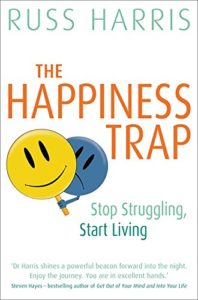

Sally Speed
Registered Psychologist, Beam Health
References:
Allen, A. B., & Leary, M. R. (2010). Self‐Compassion, stress, and coping. Social and personality psychology compass, 4(2), 107-118.
Harris, R (2017). Simple Steps to Self Compassion.
Harris, R. (2008). The Happiness Trap: How to stop struggling and start living.
Neff, K. D. (2011). Self‐compassion, self‐esteem, and well‐being. Social and personality psychology compass, 5(1), 1-12.
Neff, K. D., Kirkpatrick, K. L., & Rude, S. S. (2007). Self-compassion and adaptive psychological functioning. Journal of research in personality, 41(1), 139-154.


